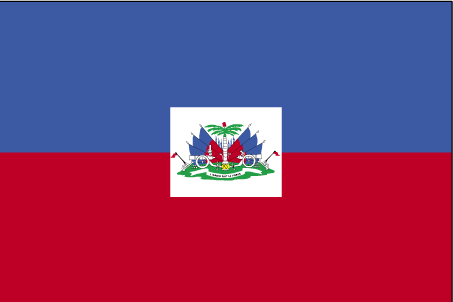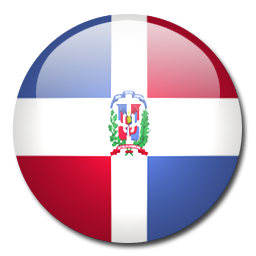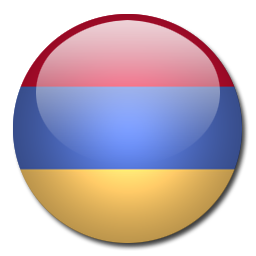| Haiti |

| |||||
Nationality: | |
noun: Haitian(s) adjective: Haitian | |
Ethnic Groups: | |
black 95%, mulatto and white 5% | |
Languages: | |
French (official), Creole (official) | |
Religions: | |
Roman Catholic 80%, Protestant 16% (Baptist 10%, Pentecostal 4%, Adventist 1%, other 1%), none 1%, other 3% note: roughly half of the population practices voodoo | |
Population: | |
9,801,664 (July 2012 est.) country comparison to the world: 88note: estimates for this country explicitly take into account the effects of excess mortality due to AIDS; this can result in lower life expectancy, higher infant mortality, higher death rates, lower population growth rates, and changes in the distribution of population by age and sex than would otherwise be expected | |
Major Cities - population: | |
PORT-AU-PRINCE (capital) 2.143 million (2010) | |
| Statistics | |
| Percent Urbanization | 52 % |
| Total People Groups | 7 |
| Unreached People Groups | 1 |
| Region | North America and Caribbean |
| 10/40 Window | No |
| Official National Language | French |
| Secondary National Language | Haitian |
| Primary Religion | Christianity |
| Percent Christian Adherent | 94.8% [1] |
| Percent Evangelical | 16.0% [2] |
| Country Progress Level | 3.2  |
| Persecution Ranking | Not ranked (1=High to 50=Low OD) |
| Human Development Index | 0.404 (0=Low to 1=High UN) |














